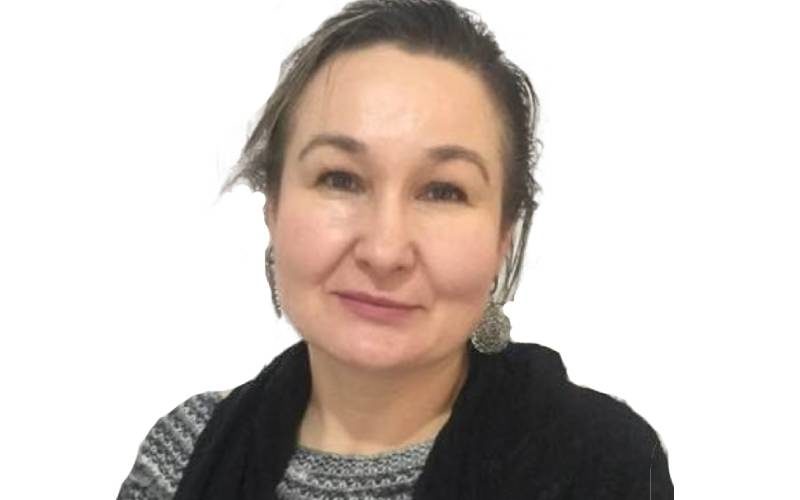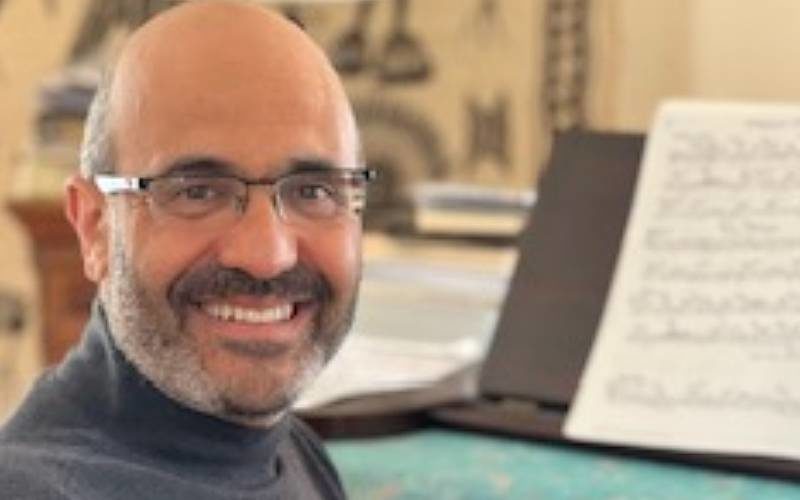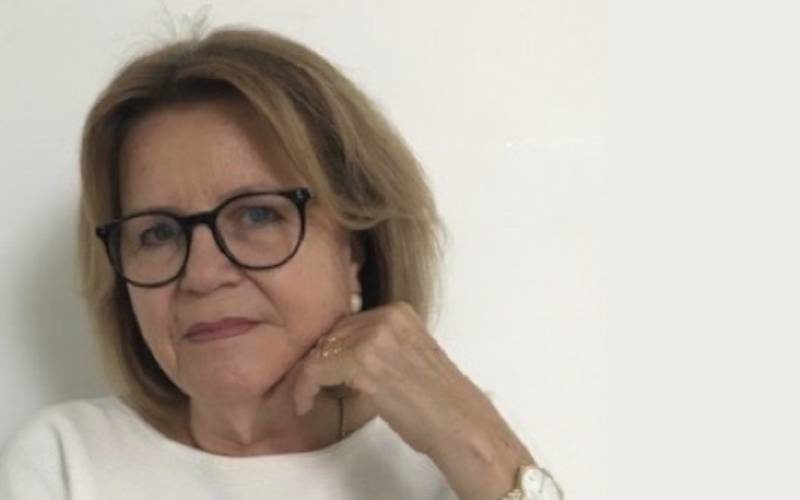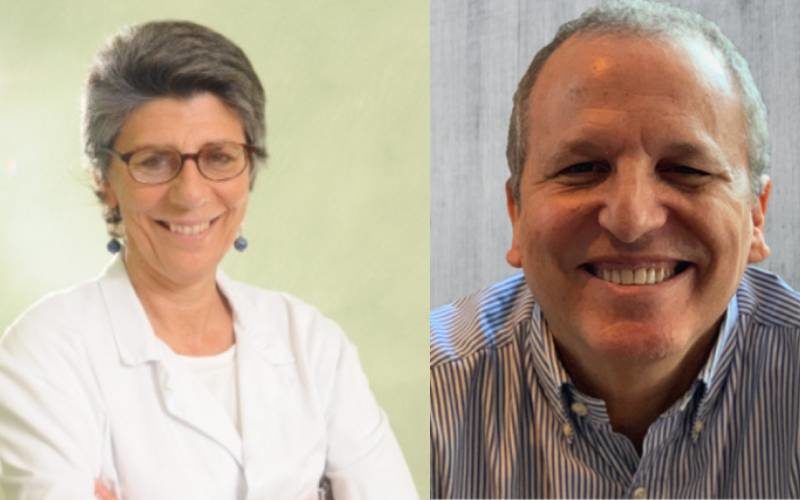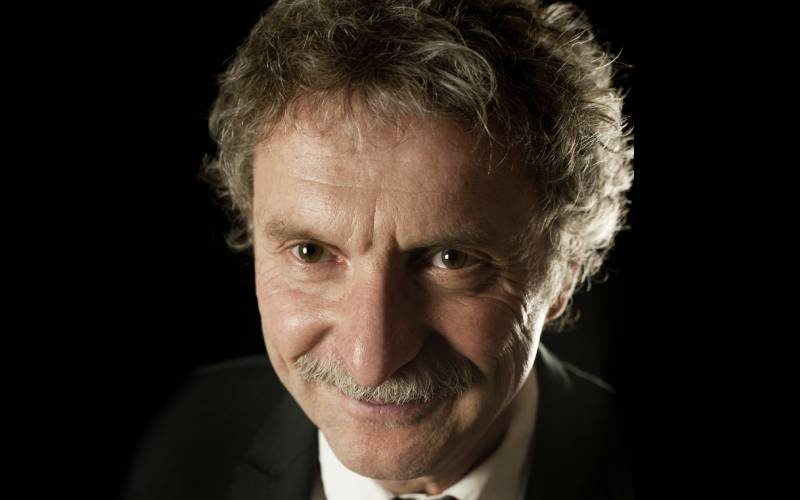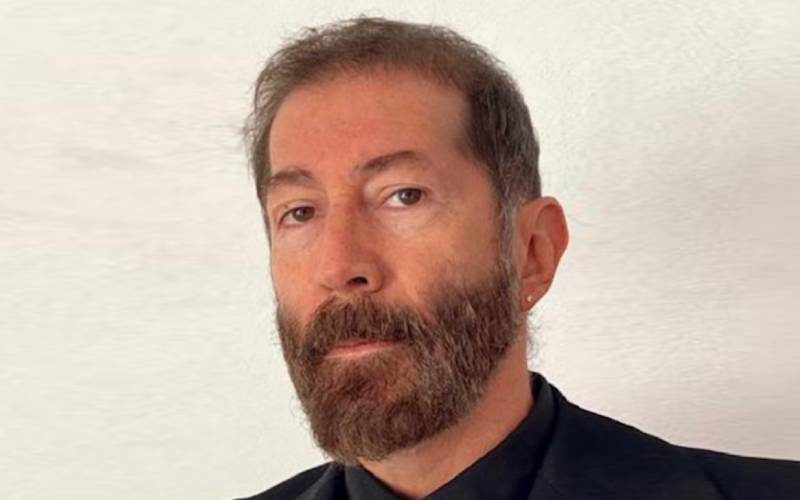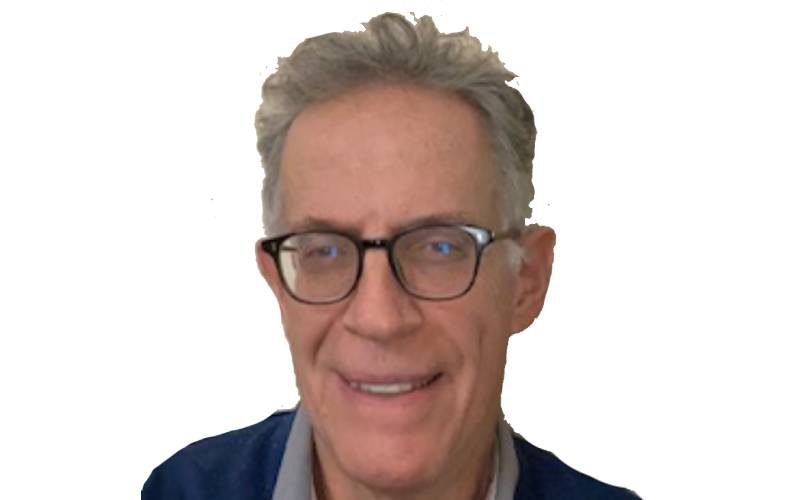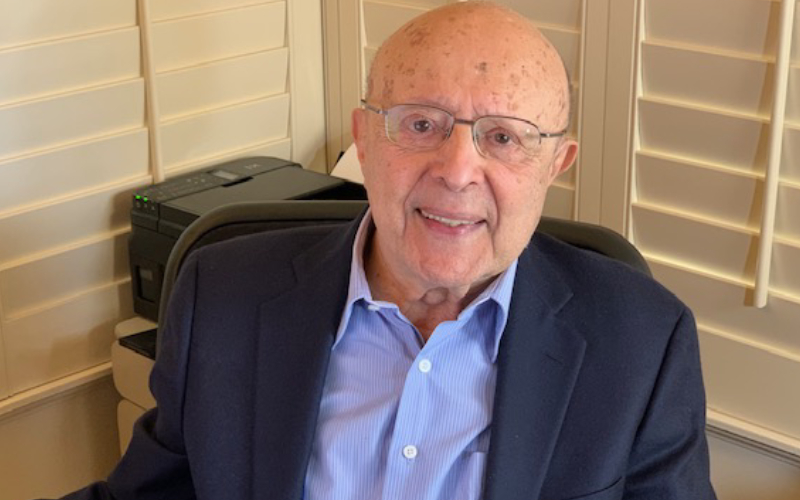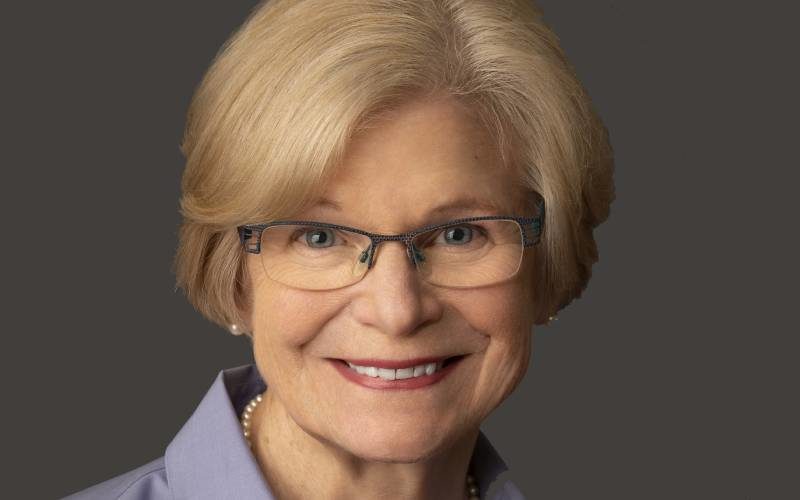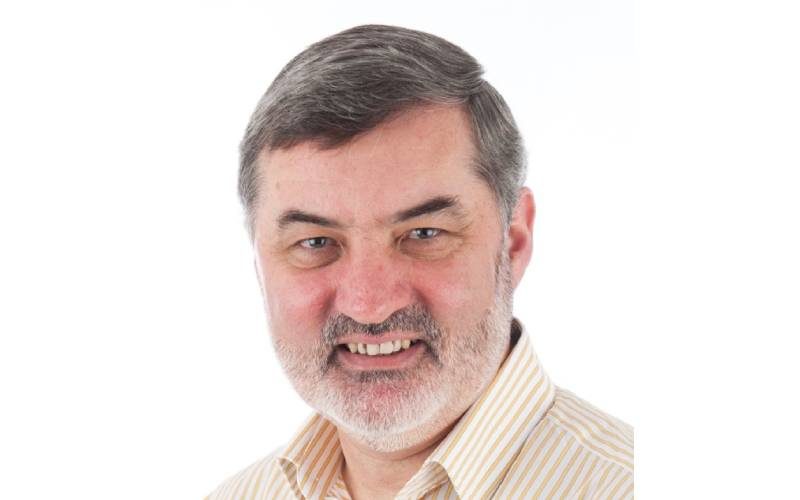Episode 106: A Conversation with Ukrainian Psychoanalyst Oleksandra Mirza
“We understand that we are not alone. It is crucially important to feel like that because we are a large country compared to other European countries – we are the largest country in Europe and have 45 million population. But in comparison to Russia it is very small and actually the Russian army is the…
Read MorePodcast: Play in new window | Download

